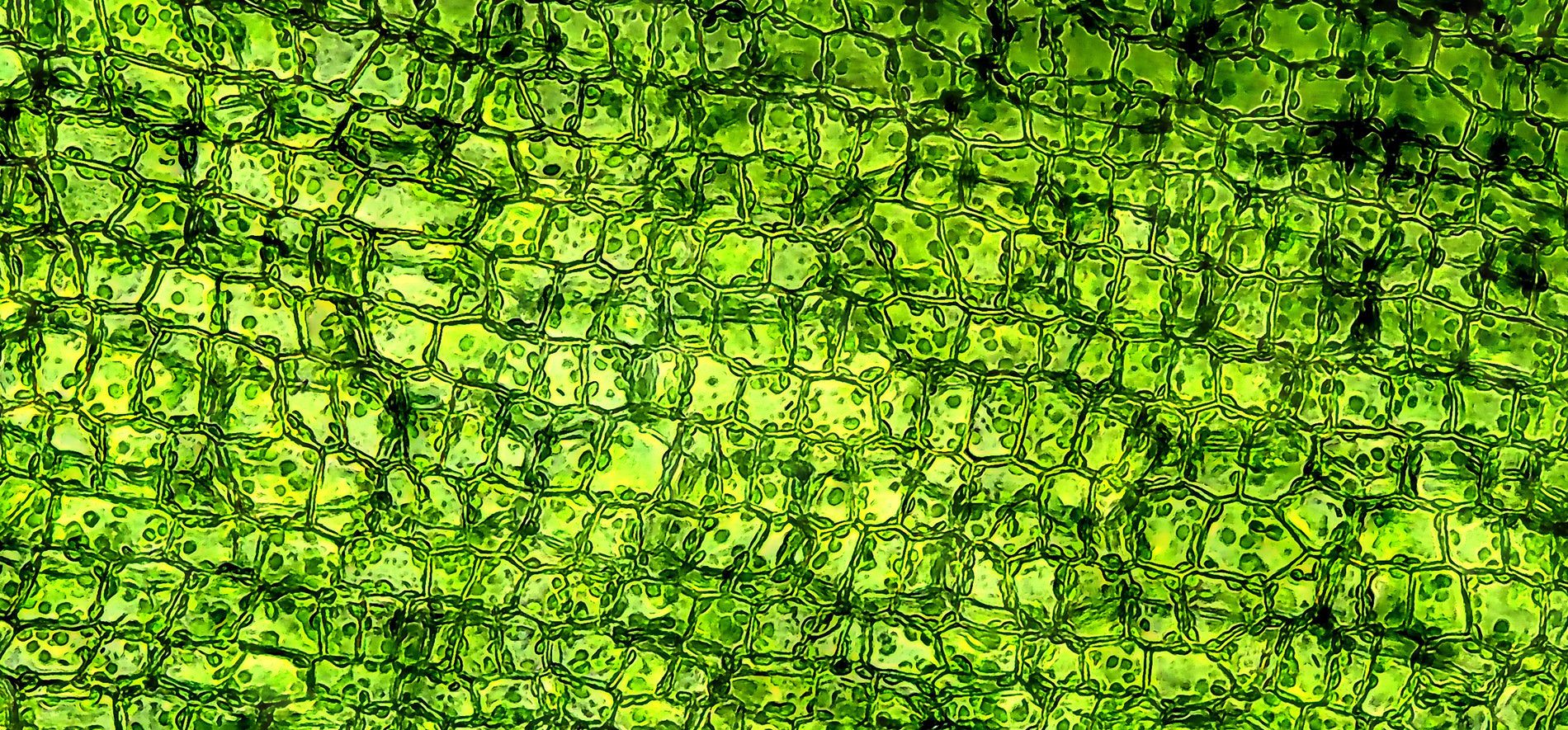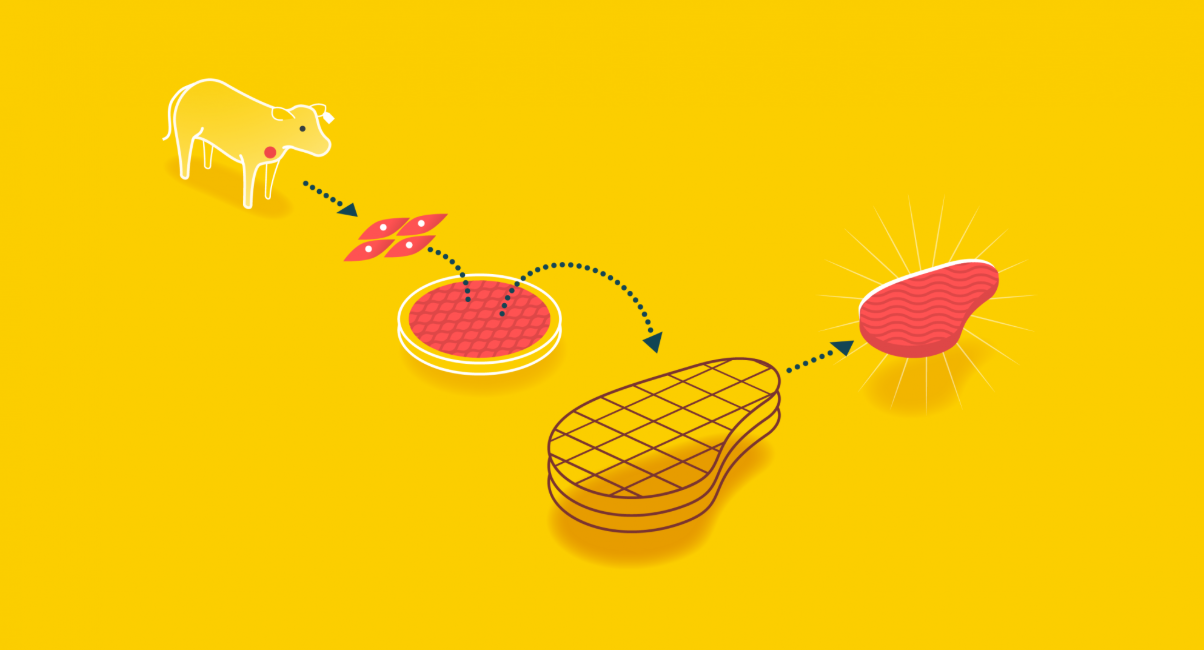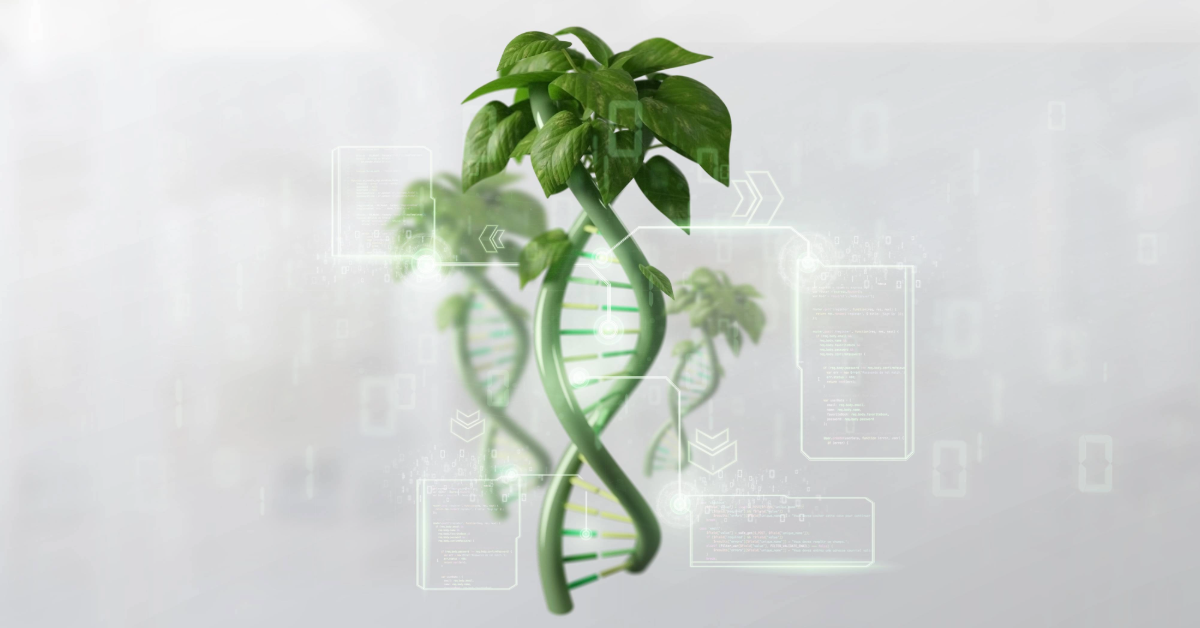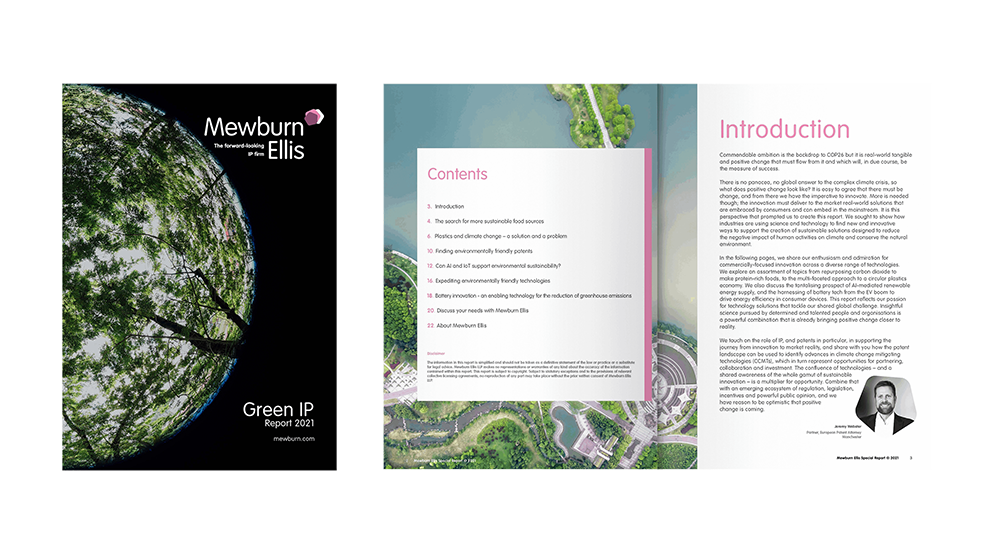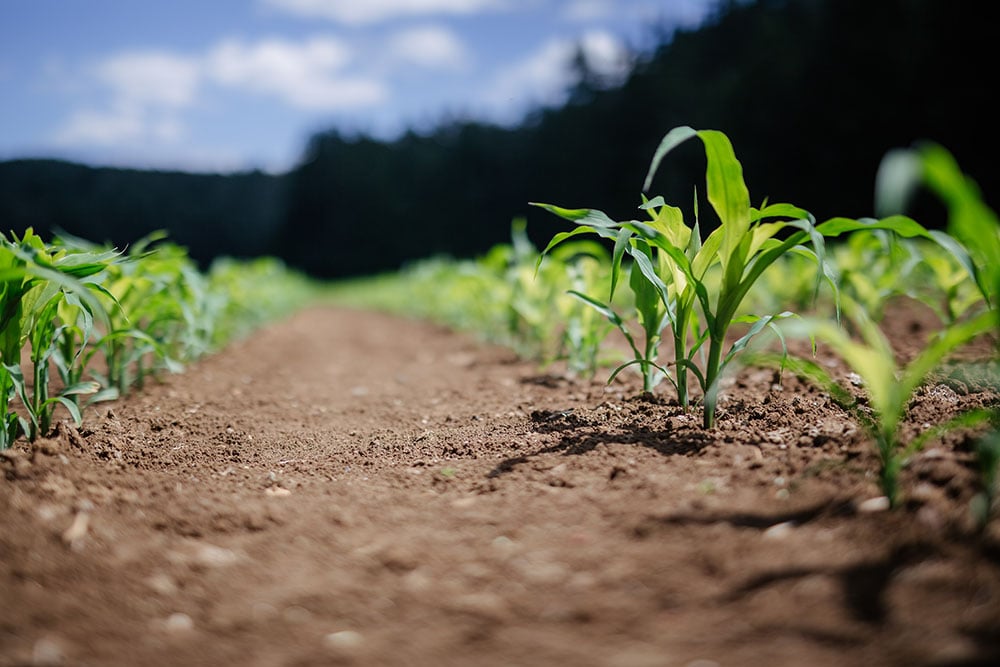Plant biology and crop science are evolving to meet the challenges of tomorrow.
In 2050, feeding the expected global population of 10 billion will require a significant increase in food production despite the negative effects of changing climate on agricultural yields.
Modern SMART breeding methods using molecular marker assisted selection, as well as advanced omics technologies such as genomics and transcriptomics have changed the way in which new varieties are developed. Established genetic modification techniques such as siRNA and RNAi have produced new plant varieties, but regulatory challenges have hindered their commercialisation in many countries.
The adoption of New Plant Breeding Techniques (NBTs) such as gene editing (using molecular tools such as Zinc finger nucleases, TALENs and CRISPR/Cas) has dramatically accelerated the development of new varieties, and the regulatory environment for these is shifting as governments around the world recognise the potential of these technologies. Modern agricultural methods combine data science and cutting edge technologies to optimize growing conditions. Increasingly, new approaches such as vertical farming, autonomous vehicles and artificial intelligence are being employed to increase yields whilst using less land, water, and agricultural inputs.
These advanced technologies are critical to providing food security in our changing climate and providing plant-derived solutions to challenges such as plastic pollution and the transition from fossil fuels.
